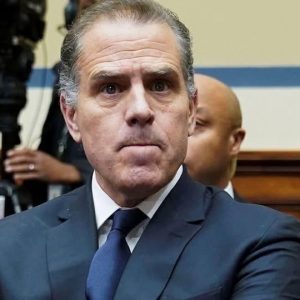Speaker Johnson is placing the primary blame for the shutdown on the Democratic Party. He argues that Republicans have passed a funding measure to keep the government open, but the Senate Democrats — led by Chuck Schumer — are blocking its passage and seeking to use the crisis for political leverage.
According to Johnson, the House did its part by passing a “clean” continuing resolution and now the onus is on the Senate. He has repeatedly stated there is “nothing to negotiate” on the House side, asserting that the ball is in the Senate’s court and that Democrats are choosing to prolong the shutdown for political reasons.
Despite Johnson’s framing, independent polling suggests public opinion is leaning toward Republicans being at fault. A Washington Post-Reuters poll found around 47–50 % of voters blamed Republicans, while only 30-43 % blamed Democrats.
While the Speaker’s comments focus on fault and responsibility, the practical effects are real: thousands of federal workers have missed pay, key services have been disrupted, and the normal legislative agenda is largely on hold. The shutdown underscores how the inter‐party deadlock and Senate’s 60-vote requirement are complicating government funding and operations.





